In the summer of 2025, the Action Canada fellows took part in an immersive study tour in Prince Edward Island to explore the province’s unique regional, environmental, and cultural dynamics. This tour included a visit to our Climate Smart Lab in the Canadian Centre for Climate Change and Adaptation. Here is a Vlog created by Action Canada which reflects the perspective of Magnolia Perron, who is one of the 2025-2025 […]
Climate Forum 2025 was successfully hosted on August 18-20, 2025 in the Canadian Centre for Climate Change and Adaptation, St. Peter’s Bay, Prince Edward Island, Canada. Climate Forum 2025 offered 3 days of enriched activities, including keynote presentations, poster presentations, panel discussions, and field visits in PEI. The Climate Forum is a flagship scientific event launched by Dr. Xander Wang in 2023 through the partnership between the Canadian Centre for […]
On August 18, 2025, the Climate Smart Lab has officially launched the first-of-its-kind lab-scale coastal-inland flood simulator in the Canadian Centre for Climate Change and Adaptation. This flood simulator will play a critical role in advancing world-leading research towards the transition from climate emergency declaration to real climate actions. In particular, the research team in the Climate Smart Lab will utilize the simulator to test the effectiveness of various nature-based […]
In the morning of August 7, 2025, the NSERC Lab2Market team visited Climate Smart Lab (CSL) and delivered a presentation about the existing funding programs. Lab2Market is a national network for innovation, commercialization, and entrepreneurship skills training of students and researchers, providing them with the essential tools, resources, and knowledge to transform academic research and innovative ideas into market opportunities and impact. After the presetnation, the CSL team had a […]
On July 16, 2025, Lucy Li from the Climate Smart Lab was interviewed by CBC News to talk about her ongoing MSc research related the effects of coastal erosion on people’s mental health. Lucy Li has launched an online survey to invite participants to share their experiences and opinions about coastal erosion. The survey is available at https://forms.gle/38nLPjQ5SyyWEQpf8. It is anonymous and takes abut 10–15 minutes to complete. Anyone 18 […]
Title: Carbon Flux Estimation for Potato Production: A Literature-Based Study Journal: Atmosphere DOI: https://doi.org/10.3390/atmos16070764 Abstract: This study reviews and synthesizes published data to estimate the net carbon flux associated with the complete potato production process. It identifies the key components that contribute to this flux and explores potential mitigation strategies, including both cultivation and post-harvest storage. Data were compiled from field-scale studies (primarily using eddy covariance) and life cycle assessment studies. The results indicate […]
The following paper about the estimation of the carbon flux for the potato production has been recently accepted for publication by Atmosphere. Zhang, S., X. Wang, and M. Awais. Carbon Flux Estimation for Potato Production: A Literature-Based Study. Atmosphere, accepted on June 18, 2025. More details will come soon once the paper is published.
On Thursday, June 19, 2025, the Climate Smart Lab hosted the visit of Action Canada’s Leadership Fellows in the Canadian Centre for Climate Change and Adaptation. The visit started with an introductory presentation about the interdisciplinary research program for climate smart future that we are developing in the lab, led by Dr. Wang. The presentation was followed by many interative discussions and questions. Dr. Wang also offered a tour to […]
Title: Lobster Yield Dynamics in a Warming Ocean: A Generalized Linear Modeling Case Study in Prince Edward Island, Canada Journal: Foods DOI: https://doi.org/10.3390/foods14122072 Abstract: The lobster fishery is the third largest industry in Prince Edward Island (PEI), Atlantic Canada. Rising water temperatures due to global warming are impacting the successful completion of the lobster life cycle, which is heavily dependent on water temperature. This study investigated the relationship between lobster landings and sea surface […]
Today, the Climate Smart Lab hosted a tour for the attendees of Coastal Zone Conference 2025 in the Canadian Centre for Climate Change and Adaptation. Dr. Wang first gave a brief introductory presentation about the interdisciplinary research program for climate smart future that we are developing in the lab, then offered a tour to the drone port where the group learned more about our innovative coastal monitoring program and the […]

Here in the Climate Smart Lab, we are a group of people developing sustainable climate solutions with cutting-edge technologies to help build climate-resilient communities. Collectively, we are working together with experts from all disciplines to build a climate-smart future for the next generation and many generations to come.